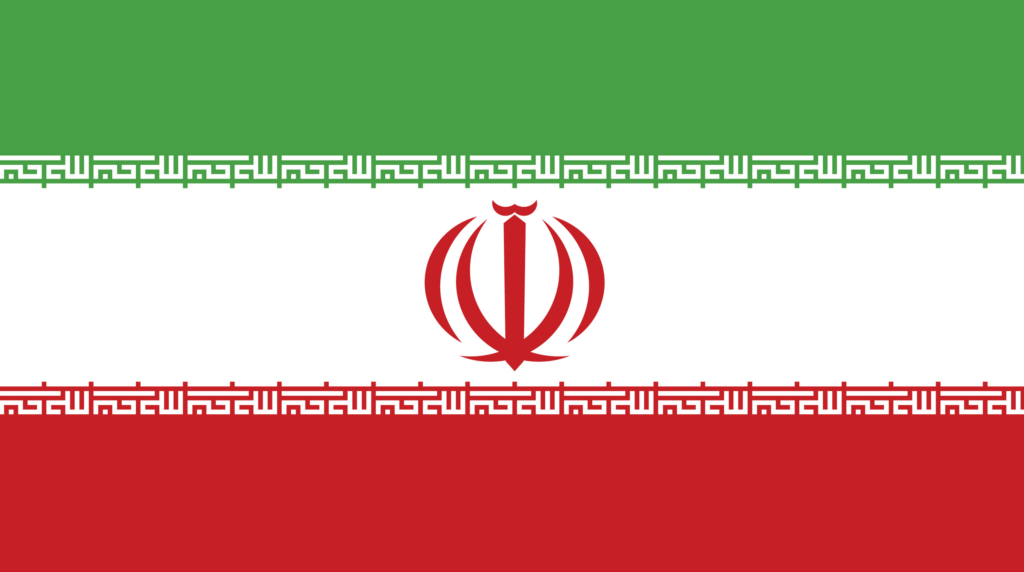A New Approach to Treating HIV/AIDS in Iran
The recipients of the 2009 Heinz R. Pagels Human Rights of Scientists Award are a widely acclaimed brother duo known for their successful HIV/AIDS prevention and treatment work.
Published September 17, 2009
By Adrienne J. Burke

Two Iranian physicians, brothers long involved in fighting HIV/AIDS in that country and tried and sentenced to prison in January 2009, have been named recipients of the 2009 Heinz R. Pagels Human Rights of Scientists Award from The New York Academy of Sciences (the Academy).
Drs. Arash and Kamiar Alaei “have worked tirelessly and selflessly for the prevention and treatment of HIV/AIDS in Iran over a period of many years,” the Academy’s Board of Governors Committee on Human Rights of Scientists said in issuing the award.
“Their work has been successful in diminishing the spread of this serious illness in Iran and in publicizing concrete and specific ways to move forward in the struggle to achieve this goal…They have persisted against opposition within Iran at great personal cost.”
The Alaeis’ work “has been recognized by major international organizations, including the 2008 report by the UNAIDS organization, which referred to their activities as a model for other developing nations,” the committee said.
The award was presented this evening at the Academy’s 191st Annual Meeting by Henry Greenberg, chair of the Human Rights of Scientists Committee. Ladan Alomar, Executive Director of the Centro Civico of Amsterdam, Inc., accepted the award on behalf of the doctors.
Dr. Arash Alaei is the former Director of the International Education and Research Cooperation of the Iranian National Research Institute of Tuberculosis and Lung Disease. His brother, Kamiar, is a Fellow of the Asia Society and doctoral candidate at the SUNY Albany School of Public Health.
Helping the Ostracized and Stigmatized
In addition to their work in Iran, the Alaeis have held training courses for Afghan and Tajik medical workers. Their work with drug addicts and prostitutes in Tehran was featured in a 2004 BBC television documentary, Mohammed and the Matchmaker, in which Kamiar Alaei said: “We face a huge potential HIV problem in Iran, and in order to start to confront it we need to talk about the root causes…Many people are still afraid to talk about it. Some people with HIV are ostracized and stigmatized, and they are often very isolated.”
Despite the Alaeis’ success – Iran’s response to HIV/AIDS has won international acclaim and World Health Organization recognition as a model of best practice – the government of President Mahmoud Ahmadinejad has not been supportive.
Arash Alaei was arrested by Iranian security forces in June 2008, his brother the next day. Iranian authorities accused the two, and two other defendants, of “communications with an enemy government” and of seeking to overthrow the Iranian government. The brothers, who have no history of political activism, were tried, convicted and sentenced to prison in January 2009.
The Alaeis’ imprisonment has drawn protests from numerous international human rights groups, including Physicians for Human Rights, Human Rights Watch, and the International Campaign for Human Rights in Iran. The American Medical Association has lent its support as well, including sending a letter to Secretary of State Hillary Clinton in which it strongly urged “that discussions of human rights, justice and respect for the medical profession (and the Alaei brothers specifically) must be a part of any opening dialogue with Iran.”
Also read: Promoting Science, Human Rights in the Middle-East
